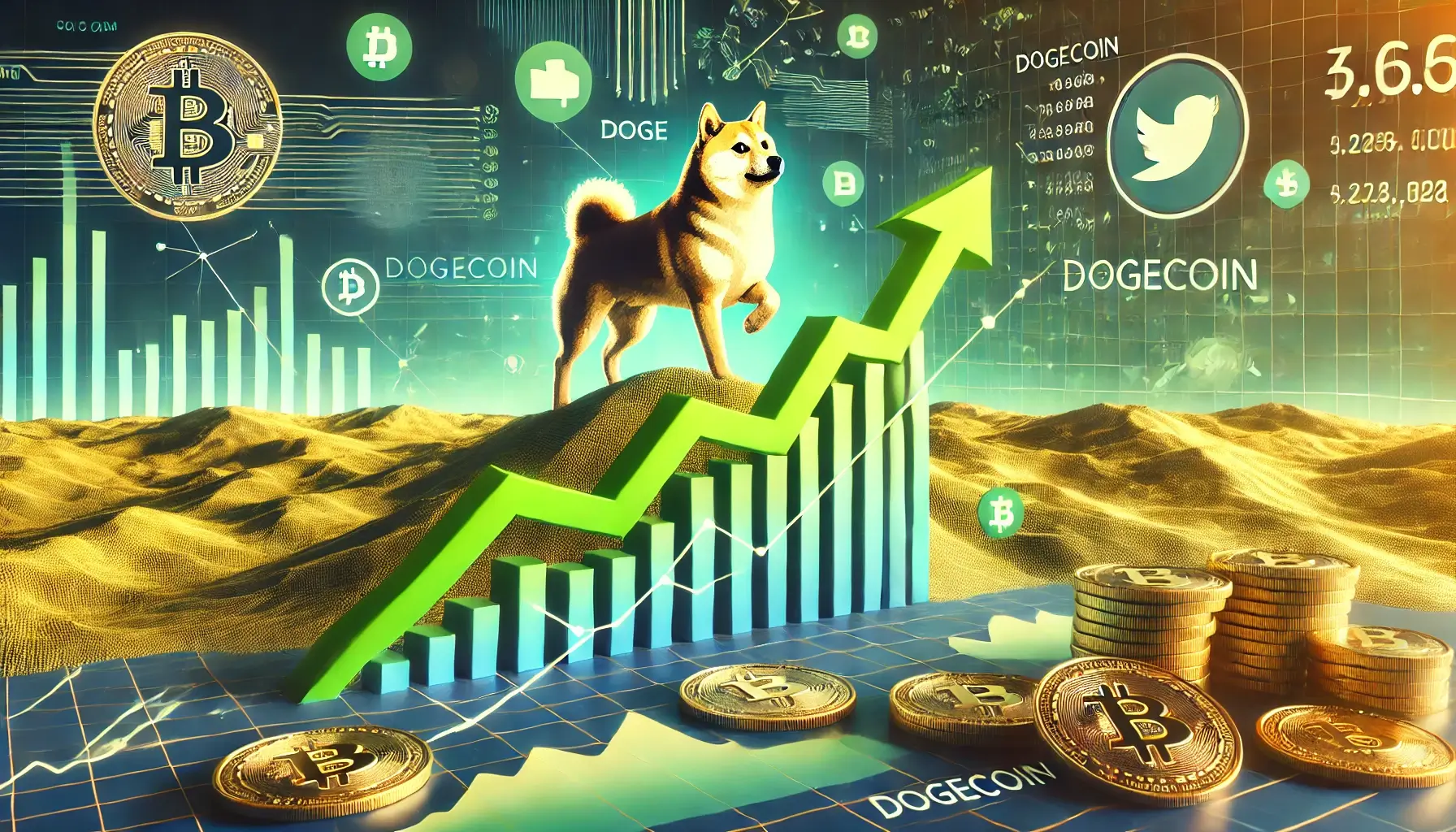Some investors anticipate bullish momentum for Bitcoin, seeing its rise as independent of political developments. Traders are interpreting the rally leading up to the election as a sign that regardless of the administration, the market views a change in leadership as beneficial, according to CoinDesk.
The $80K Target: Open interest in Bitcoin call options expiring on November 29 and December 27 is concentrated at the $80,000 mark. A smaller group of traders is also betting on Bitcoin reaching $100,000 by the end of the year, reflecting strong market confidence.
Election as a Hedge: For options expiring on November 8, the highest open interest is seen at the $75,000 strike price. Some traders perceive these high-priced options as a hedge against the election rather than a purely bullish move, indicating caution amidst the political uncertainty.
Macro Factors Boosting Sentiment: Traders are focusing on broader macroeconomic factors, such as potential rate cuts and rising stock prices, as key drivers for Bitcoin’s upward movement. The anticipation of an easing cycle is building momentum for a significant price surge.
Commentary: Despite some bipartisan pro-crypto signals, analysts remain cautious about whether the election will yield substantial crypto policy changes. According to Bankless, “Traders are focusing on rate cuts and a fresh administration as more immediate and concrete catalysts.” The current call options suggest that many traders expect Bitcoin to continue its upward trend, driven by macroeconomic conditions rather than political outcomes.
While some market participants view a Republican win as more favorable for Bitcoin, traders appear prepared for an upside regardless of the election’s outcome. On-chain metrics continue to support a bullish outlook, reinforcing the belief that Bitcoin could maintain its momentum through the election season.
Source: Traders Bet Bitcoin Hits $80K Regardless of Election Outcome


.png)

.png)


.png)









